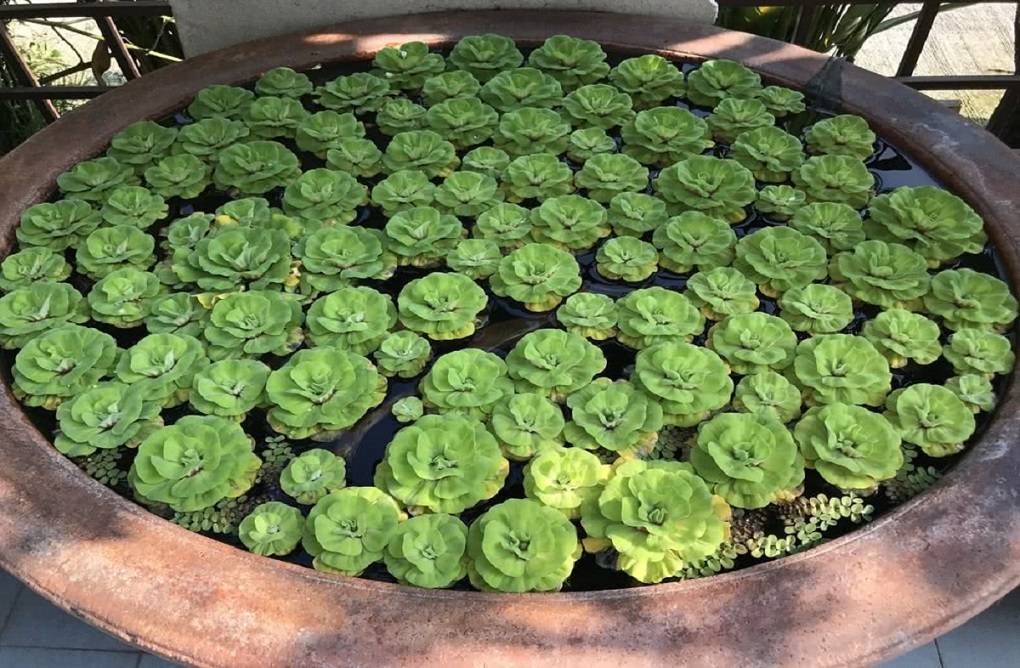
Proper water garden care is essential to the longevity of your pond ecosystem. Unlike a stream, river, or lake, water gardens are incapable of keeping their water fresh and have only a limited amount of nutrients. Water gardens are a closed system, no nutrients or fresh water is added from an external source or taken away. The main objective of aqua garden management is to ensure a balance in the ecosystem.
Water- Clean water is the primary goal of maintaining an aqua garden. In a still water body setting, the water can seldom stay clear for a long period of time. Therefore, it is important to have a good filtration system in place, by correctly choosing plants and wildlife.
Cleaning the water doesn’t necessarily mean changing it. In fact, experienced water gardeners recommend not changing the water frequently as over time the water will build a robust ecosystem that, and adding new freshwater can hurt the balance. Make sure to not contaminate the water garden with all-purpose garden fertilizer as it can lead to the growth of algae in the water.
It is also advised to remove algae when its growth goes out of control rather than add algaecide to the water system as it can hurt the beneficial microbial population of the pond. It can also weaken the animal life in the pond and possibly result in the death of fish.
Proper filtration is one of the most important aspects of water garden care. Usually, water garden systems will incorporate a variety of filters to keep the pond clean. For instance, they’ll use skimmers, which remove surface debris, and other mechanical as well as biological filters, which use bacteria to break down pond wastes and convert them into less harmful compounds.
Temperature control- Temperature plays an important role in maintaining the health of the plants and the wildlife in the pond. This is because as the temperatures start to rise, the pond is more likely to be affected by rapid algae growth. It also starts to affect the physiology and health of the fish.
This is because as the temperatures start to rise, the fish will become active and use more oxygen and nutrients, which would result in an increase in ammonia in water. Oxygen solubility also begins decreasing as the temperature rises. Temperature can be controlled by ensuring adequate shade during the hot season.
Pumps- It is advised to clean the pumps and filters from the water gardens on a weekly basis. Also, monitor if the pump and filters are working efficiently and are not exhibiting any issues.
Clean the surface- Regularly clean the surface of the water with a skimmer or a pond net. Decaying debris can spike the levels of ammonia in the pond, which hinders the growth of beneficial bacteria and microbes in the water.
Plants- Water gardens are usually decorated with pond edge plants, floating plants, and submerged plants. Plants such as marsh marigold, pickerel weed, and cattail are perfect pond edge plants. Water lilies and lotuses are an example of submerged plants that are grown in submerged containers. These plants cannot and should not be grown in regular potting soil as they have a lot of organic matter, instead water garden potting mix should be used. Floating plants are the most convenient plants to grow in water gardens as they do not require a potting mix and grow on the surface.











